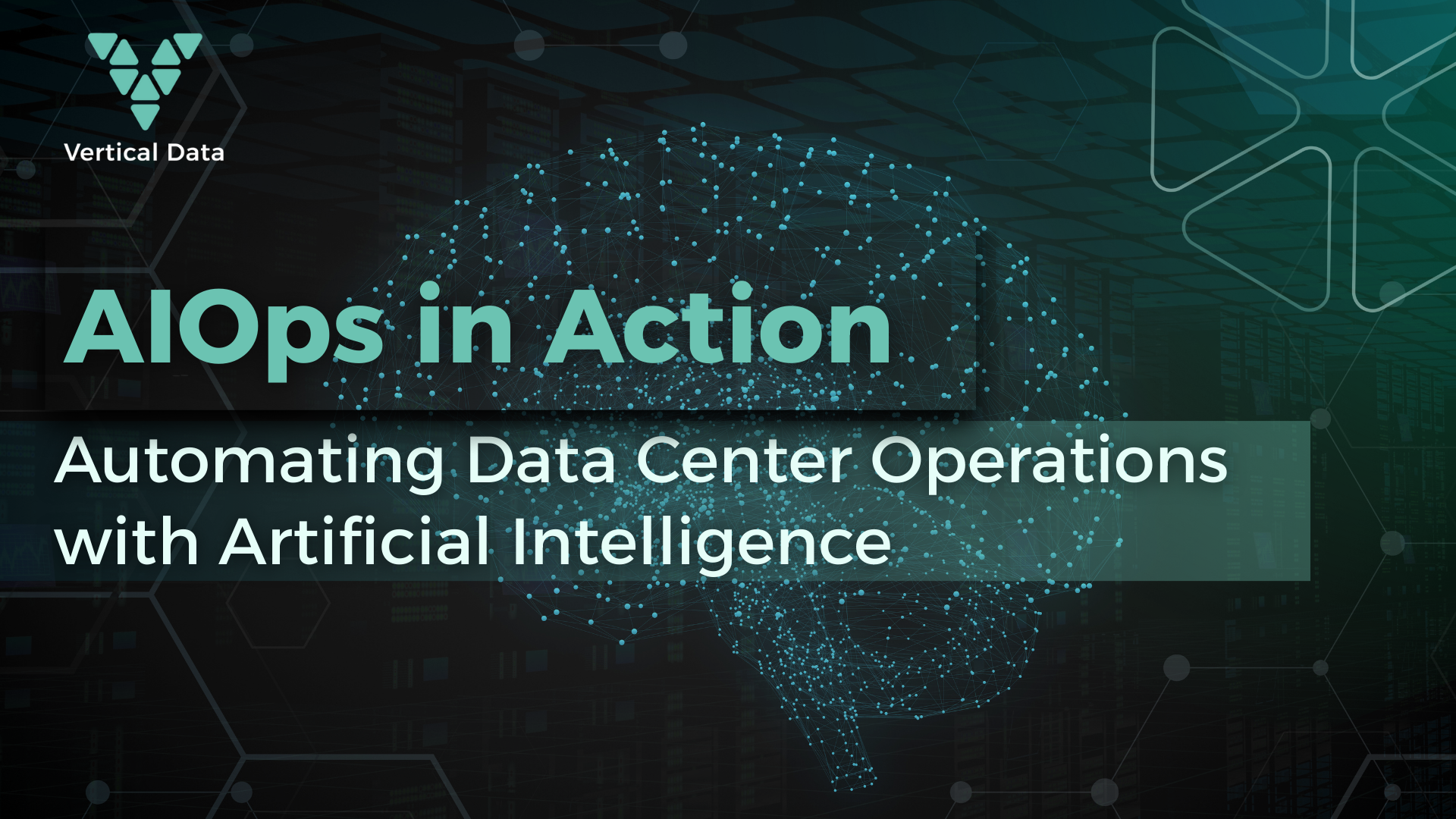Introduction
Data centers power our digital world, supporting everything from cloud services to enterprise applications. As these facilities grow in complexity, traditional manual management approaches are reaching their limits. The volume of data, alerts, and interconnected systems has created an environment where human operators struggle to maintain optimal performance and prevent issues before they impact operations. This challenge has given rise to AIOps (Artificial Intelligence for IT Operations), a transformative approach that applies machine learning and AI to automate and enhance data center management.
Understanding AIOps and Its Core Capabilities
AIOps represents the strategic integration of artificial intelligence, machine learning, and big data analytics into IT operations management. Originally defined by Gartner, AIOps automates processes such as event correlation, anomaly detection, and root cause analysis. Unlike traditional monitoring tools that generate alerts when thresholds are exceeded, AIOps platforms continuously analyze patterns across vast datasets to provide predictive insights and automated responses.
AIOps processes and correlates information from diverse data sources simultaneously. Modern data centers generate enormous volumes of operational data from servers, networks, storage, applications, and environmental sensors. AIOps platforms ingest this data, apply machine learning algorithms to identify patterns, and provide actionable insights that enable a shift from reactive problem-solving to proactive optimization.
AIOps Applications in Modern Data Centers
AIOps transforms data center operations through specific, measurable applications that address critical operational challenges:
- Intelligent Alert Management: AIOps processes thousands of daily alerts, using machine learning to distinguish between normal operational variations and genuine anomalies. The technology correlates related alerts across different systems, dramatically reducing false positives and alert fatigue while ensuring critical issues receive immediate attention.
- Predictive Hardware Maintenance: By continuously analyzing performance metrics, environmental conditions, and historical failure patterns, AIOps predicts when hardware components are likely to fail. This enables operators to schedule maintenance during planned windows, order replacement parts proactively, and prevent unexpected equipment failures that could impact service availability.
- Automated Performance Optimization: AIOps monitors resource utilization patterns in real-time, automatically identifying performance bottlenecks and recommending configuration changes. The technology can predict future capacity requirements based on usage trends and business growth, enabling proactive scaling decisions.
- Enhanced Security Monitoring: AI-powered security systems analyze network traffic, user behavior, and system access patterns to detect potential threats or policy violations. When unusual activity is identified, AIOps can trigger automated protective actions or provide recommended responses for rapid implementation, while maintaining detailed audit trails for compliance reporting.
Implementation Considerations
Successful AIOps deployment requires strategic planning and organizational commitment. Organizations should start with specific use cases such as automated alert management or predictive maintenance, allowing teams to gain experience while demonstrating value. Success depends on high-quality data collection, integration with existing tools, and staff training on new operational processes. AIOps platforms require robust computing resources for real-time processing and machine learning, along with comprehensive monitoring infrastructure to capture the data streams necessary for effective analysis.
Conclusion
AIOps represents a fundamental evolution in data center operations, enabling organizations to manage complex infrastructure through intelligent automation and predictive analytics. As data centers grow in scale and complexity, leveraging AI for operational management becomes essential for maintaining competitive performance and reliability. The technology offers clear benefits in operational efficiency, issue resolution speed, and proactive problem prevention. Organizations that thoughtfully implement AIOps capabilities position themselves to handle operational challenges while optimizing the performance and reliability of their critical infrastructure.
